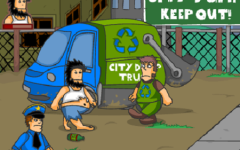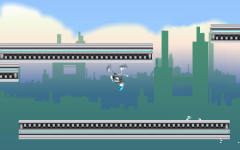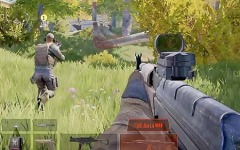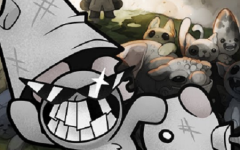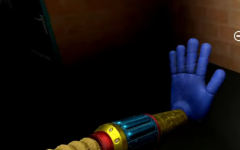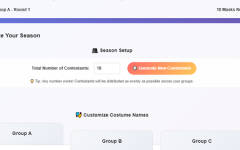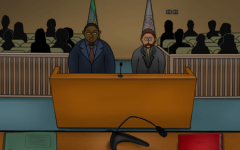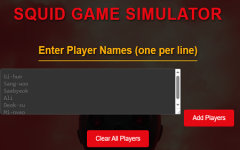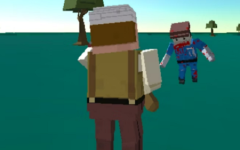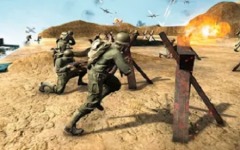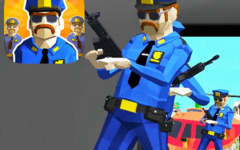Advertisement
Splitgate 2
Advertisement
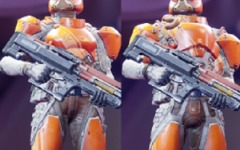
Splitgate 2 is a first-person multiplayer shooter that builds upon the core ideas of the original game by enhancing mobility, team strategy, and match variety. Developed by 1047 Games, it introduces a new structure centered around factions, loadouts, and larger-scale environments. The sequel maintains the signature portal mechanic, allowing players to instantly travel between surfaces, but integrates it more deeply into game modes and map design. Splitgate 2 is designed to support both competitive play and community creativity, offering tools for players to build, share, and test new scenarios.
Changes to core mechanics
While the first game emphasized pure symmetry and open-ended movement, Splitgate 2 adds defined roles through its faction system. Players now choose from three different factions, each with traits that affect how they move, regenerate energy, or interact with portals. This shift adds a layer of decision-making during loadout selection. Portals are still a central tool, but their use is shaped by the player’s role and the structure of each map. Movement and positioning remain key elements, but matches now also reward coordination and timing on a strategic level.
Game modes and creative features
The sequel expands its content offering with multiple game types and a new editor system:
- Classic arena-based modes such as team deathmatch and control
- A large-scale battle royale with portal navigation
- A custom map editor called The Lab
- Ranked matchmaking and seasonal ladders
- Player progression tied to challenges and faction milestones
The Lab allows players to create maps using in-game tools and share them with the community. Some of the most popular custom maps can be added to official playlists, giving players direct influence on the game’s evolution. Game modes benefit from this variety, with each type supporting different pacing and play styles.
Community reception and balance adjustments
At launch, Splitgate 2 received mixed feedback. While the gameplay was praised for its responsiveness and innovation, some decisions—such as expensive cosmetic bundles and certain faction imbalances—were criticized. The development team responded by reducing cosmetic pricing and rebalancing several abilities. Regular patches have addressed technical bugs and map exploits, and additional support has been promised through a long-term content roadmap. Overall, the core mechanics have been well received, and most concerns have focused on progression pacing and monetization.























































































































